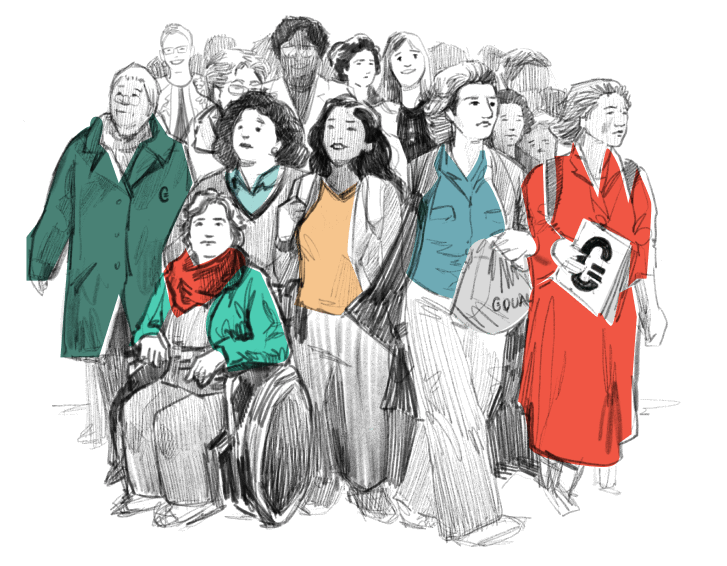Application form details
After completing the survey, applicants should complete and submit an application form, which varies according to the mandate/position to which they are applying. Forms can be downloaded from the respective selection process webpage. To apply to more than one position, applicants must submit a specific form for each mandate.
The form must be completed in its entirety prior to the deadline and sent by email to ohchr-hrcspecialprocedures@un.org
There are clear instructions for filling in the forms. We highlight the following important guidelines, among others:
Candidates must select only one nationality, which shall be used as a reference for the selection process, including in the published list of admissible candidates.
Some mandates do not have geographic limitations. Nonetheless, in the case of vacancies in the Working Groups and some Expert Mechanisms, the applications must be from nationals of the States belonging to the specific Regional Groups for which vacancies have been announced. In the case of members of the Expert Mechanism on the Rights of Indigenous Peoples, candidates must represent the indigenous sociocultural region for which the corresponding vacancy has been announced.
The section on work background must be fully completed without any abbreviations. This section is important for determining the eligibility of candidates based on an essential criteria: professional experience in the field of human rights. According to the practice established by successive Consultative Groups, candidates are deemed eligible if they hold an advanced university degree – such as a Master’s or equivalent (a minimum of four years of full-time study) – and at least seven years of relevant professional experience in the field of human rights. A minimum of 11 years of relevant professional experience in the field of human rights can be accepted in lieu of a higher-education university degree.
The applications should be completed and submitted within the stated timeframes, which tend to expire at 12:00 pm (that is, noon/midday), Geneva, Switzerland time.






